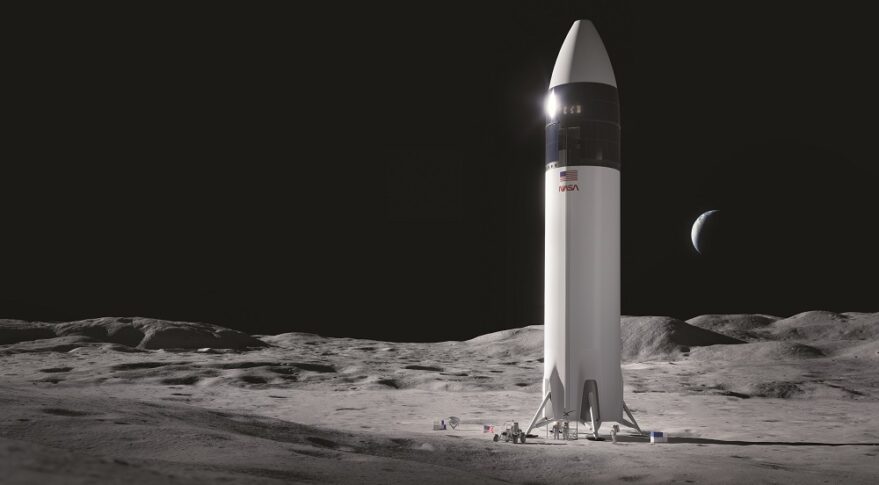

By moving the stingray around, authorities can then triangulate the device’s location with much more precision than they can get through data obtained from a mobile network provider’s fixed tower location. When mobile phones - and other wireless communication devices like air cards - connect to the stingray, it can see and record their unique ID numbers and traffic data, as well as information that points to the device’s location. Stingrays are designed to emit a signal that is stronger than nearby cell phone towers in order to force phones in the vicinity to connect to them. The secretive technology is generically known as a stingray or IMSI catcher, but Harris sells models of stingrays it specifically calls the Stingray and Stingray II. The Harris Corporation, a Florida-based company, is the leading maker of stingrays in the U.S. The truth came out only after the defendant appealed his conviction. A judge finally forced the government to disclose the surveillance technique they had used, but only after the government insisted the court be closed and assurances that the proceedings would be sealed to prevent the information from leaking to the public.

They later refused to tell the suspect's attorney how they had tracked his client to the apartment where he was arrested. The police department cited the agreement as one of the reasons it withheld information from a journalist who filed a public records request seeking information about the department's use of the equipment. It subsequently kept the information hidden from the defendant as well.Ī copy of the contract was obtained from a police department in Tucson, Arizona, which signed the agreement in 2010 with the Harris Corporation, a Florida-based maker of the equipment used by the department. In at least one case in Florida, a police department revealed that it had decided not to seek a warrant to use the technology explicitly to avoid telling a judge about the equipment. The NDA includes an exception for "judicially mandated disclosures," but no mechanisms for judges to learn that the equipment was used. A non-disclosure agreement that police departments around the country have been signing for years with the maker of a cell-phone spy tool explicitly prohibits the law enforcement agencies from telling anyone, including other government bodies, about their use of the secretive equipment, according to one of the agreements obtained by an Arizona journalist.


 0 kommentar(er)
0 kommentar(er)
